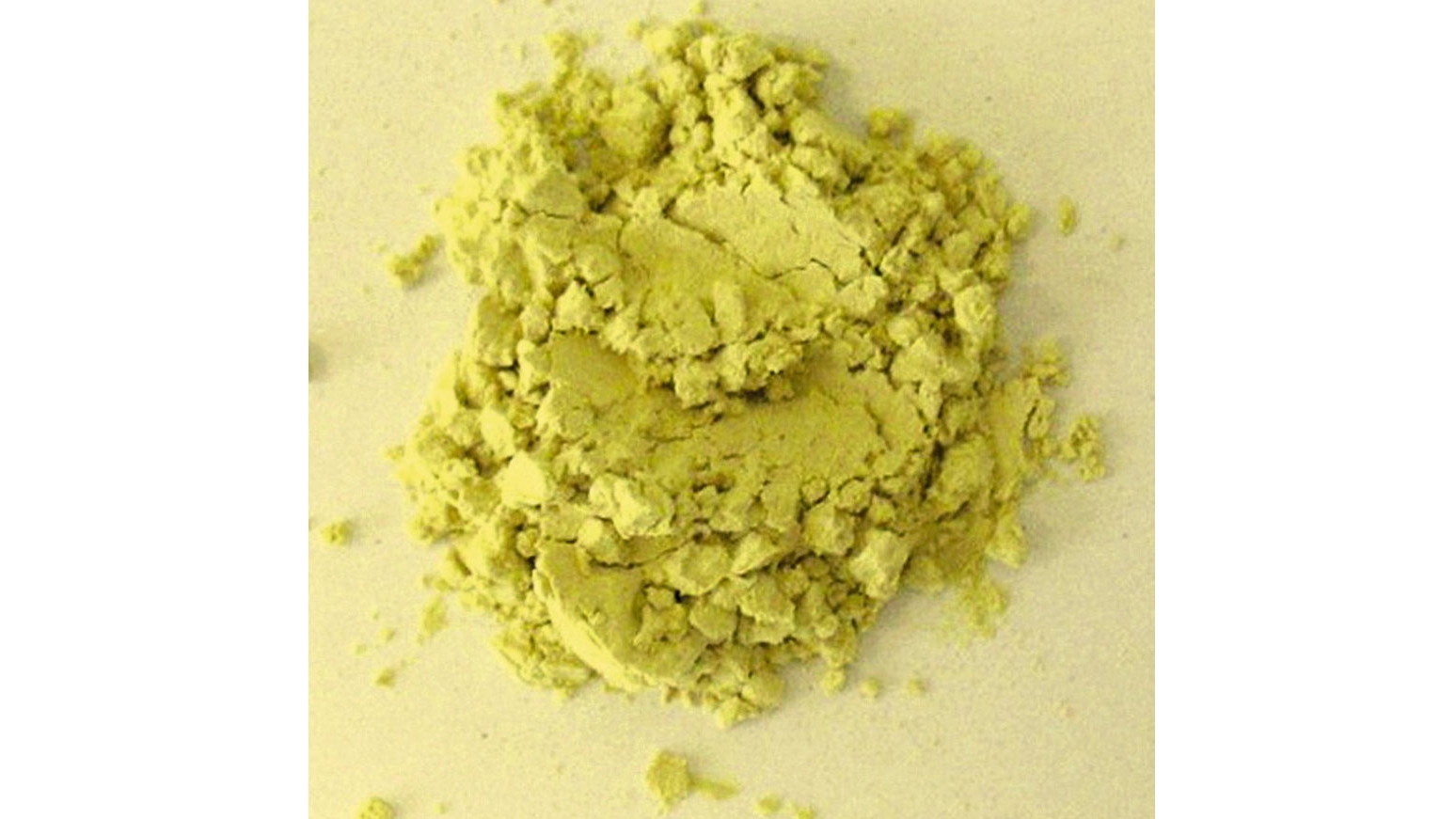Although proteins from plant sources already played a major role in the chemical industry a hundred years ago, for example as binders or glue, their use has steadily declined with the boom in petrochemicals. The partners in the TeFuProt project, short for technofunctional proteins, now want to change this and obtain proteins for industrial applications from agricultural residues. This bioeconomic approach is intended to counteract the shortage and long-term increase in the price of fossil raw materials - renewable raw materials are to be used as an alternative to crude oil.
The task of the researchers at the Fraunhofer IVV was to investigate how the proteins can be isolated from rapeseed meal and press cake and to develop appropriate processes. They were also tasked with modifying the proteins and pre-formulating them in order to make them available to the application partners in dried powder or liquid form for testing. The technofunctional properties such as solubility, foaming and emulsifying behavior and film-forming capacity were also evaluated.
The result of many years of project work by a total of 18 partners is a series of promising products, some of which are already available as prototypes. Biodegradable films, as packaging material for detergent portions or as planting films, for example, are just as much a part of this as fiberboard made from production waste and binders modified with rapeseed protein. Flame-resistant insulating foams for the construction industry or molded foam for packaging, fiber protection and color transfer inhibitors in eco-detergents, thickener components for lubricants or binders for bonded coatings and additives in universal cleaners for wooden surfaces complete the list of innovative solutions.


